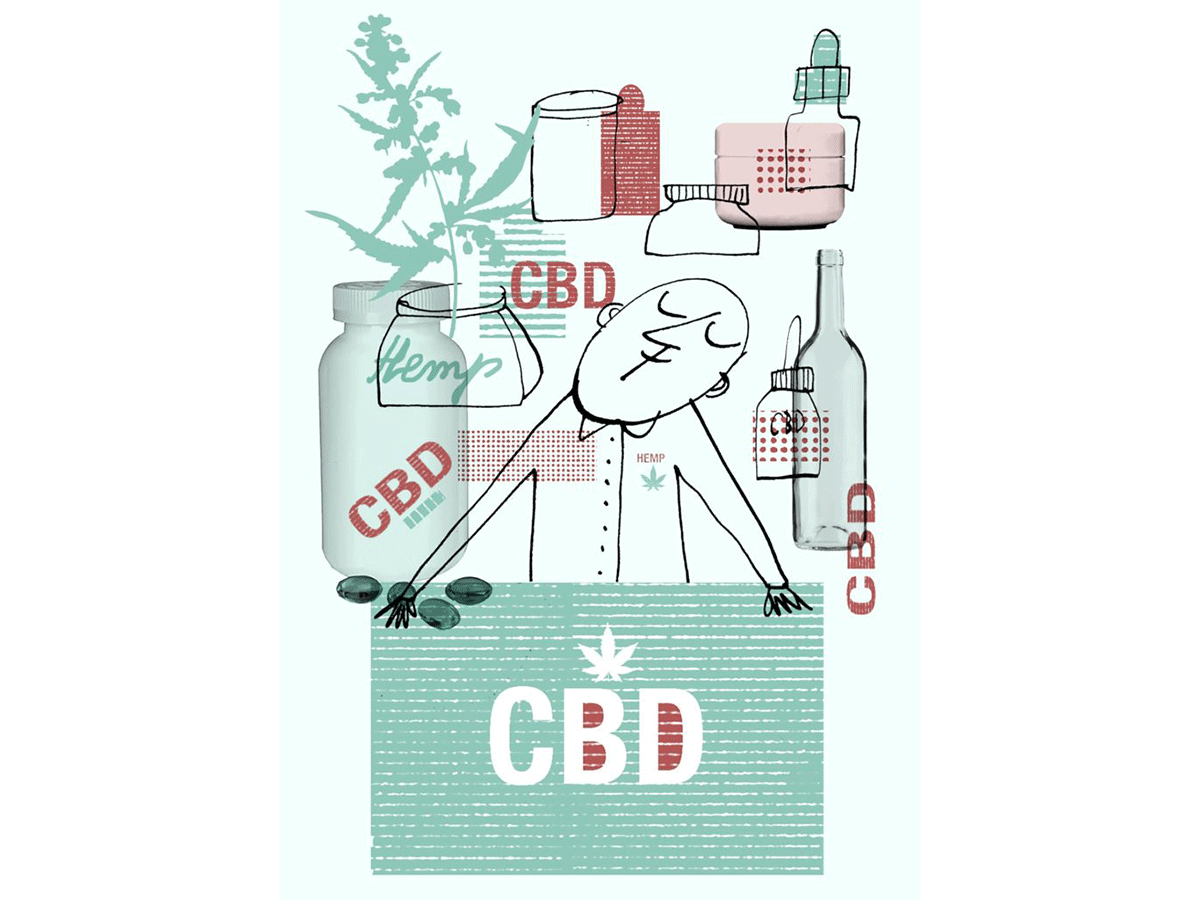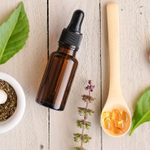10 Facts You Need to Know About CBD
If you’re seeing these three letters on products ranging from capsules to cappuccinos, along with enticing claims that CBD relieves stress, chronic pain, and more, you may wonder whether this new health craze is for real. You might also wonder why some CBD products are labeled with what looks like a marijuana leaf. Here’s what you need to know before you try it.
1. It’s not the same thing as medical marijuana.
CBD is short for cannabidiol, which is found in cannabis plants. Most of the CBD products for sale nationwide are made from hemp, a type of cannabis that is a botanical cousin to marijuana. “CBD does not produce a high or intoxication,” says Health Canada. Tetrahydrocannabinol (THC) is the substance that makes you high, and there is very little if any of it in hemp. Make sure you know these 8 myths about CBD and its medicinal benefits.
2. It’s taking surprising forms.
CBD is commonly sold as a liquid, or tincture, that you place under your tongue. You can also smoke it via a vape pen with cartridges containing CBD oil, or buy pills and topical creams. Other CBD-infused products include bath bombs, ice cream, cocktails, and coffee. Total sales are estimated to top $1 billion by 2020. New to cannabis? Check out our guide key terms, strains and consumption.
3. It works on the brain and throughout the body.
The National Institutes of Health (NIH) describes CBD as “neuroprotective,” meaning it affects the nervous system, including your brain. It interacts with receptors throughout your body, helping it to relax, fall asleep, and block pain signals.
4. Some people swear by it.
According to Consumer Reports surveys, 26 percent of Americans have tried CBD, and the majority of users say it helped with anxiety, joint pain, sleep, and other issues. This CEO says cannabis actually helps reduce stress.
5. It has been used for centuries.
Ancient tablets mention that CBD was used medicinally in Asia as far back as 1800 BC. American medical journals from the 1700s cite hemp seeds and roots as treatments for incontinence and skin inflammation.
6. However, there’s (mostly) no proof that CBD delivers.
Despite the anecdotal evidence, CBD has not been widely studied, which is not surprising considering it was illegal until recently. As Orrin Devinsky, MD, a professor of neurology, neurosurgery, and psychiatry at NYU Langone Health, puts it, “There’s a lot of religion out there, but not a lot of data.” The few (mostly small) studies conducted found that CBD can relieve symptoms of multiple sclerosis, rheumatoid arthritis, high blood pressure, and anxiety. Animal studies show it has promise for helping with nerve pain, diabetes, depression, and more. But until larger, well-designed human studies demonstrate clear benefits, any claims for CBD products are just that. NIH invested $15 million in research in 2017, a promising start.
7. You might experience side effects.
While CBD has no known serious risks, Dr. Devinsky points out that it can cause fatigue, weight loss, and diarrhea. It could also interact with some medications. Talk to your doctor before you start taking CBD (or any other new drug or supplement).
8. It might take time to kick in.
Vaping and liquid forms may provide fast relief for acute pain, but most CBD products take days or weeks to show any benefits. You may have to try several products before you find one that helps you.
9. Your pet might benefit.
Ask your vet about CBD tinctures, capsules, and treats for horses, dogs, and cats, marketed to help relieve hip and joint pain, anxiety, and seizures.
10. It offers one big promise.
According to the World Health Organization, CBD is nonaddictive, which means it could be an alternative to habit-forming opioid drugs. In their new book Cannabis and CBD for Health and Wellness, Aliza Sherman and Junella Chin, DO, write, “We believe someday cannabis will be in everyone’s medicine chests like it used to be.” Assuming, of course, CBD lives up to its hype.
Next, read up on the biological science of cannabis.





